BALTIMORE, MD – The Maryland Zoo in Baltimore will begin vaccinating specific species that have been proven to be susceptible to COVID-19 within the next few months.
“We expect to receive the vaccine in the fall from the animal health company Zoetis, which has developed a vaccine specifically for animals,” said Dr. Ellen Bronson, senior director of animal health, conservation, and research at The Maryland Zoo. “We have not had any cases of COVID-19 in the animals here, but the vaccine will add another layer of protection for the animals in our care.”
“We plan to vaccinate those species at the Zoo that we have assessed to be most likely to contract SARS CoV-2, including the North American river otters, the chimpanzees and our cat species – Amur leopard, cheetah, bobcat, and lion,” continued Dr. Bronson. “Many of these animals are trained to participate in their own health care, meaning they willingly work with the animal care team and veterinary technicians to receive injections, and in some cases to even allow blood to be drawn and have ultrasound examinations performed while awake. The training avoids the need in some situations to anesthetize the animal for minor medical procedures.”
Zoetis is donating more than 11,000 doses of its COVID-19 vaccine for animals to help protect the health and well-being of more than 100 mammalian species living in nearly 70 zoos, as well as other animal care facilities. The vaccine has been authorized for use on a case-by-case basis by the United States Department of Agriculture (USDA) and the appropriate state veterinarians.
Preventative measures currently in place such as wearing the proper protective equipment, masking, and social distancing will remain as part of our overall health strategy for the animals in our care. “In addition, our veterinary team will remain in close contact with Zoetis, the Association of Zoos & Aquariums and the veterinary community throughout the process,” continued Bronson. “Once vaccinated, we will monitor the animals very closely for signs of adverse effects as we do with any preventative vaccination given to them.”

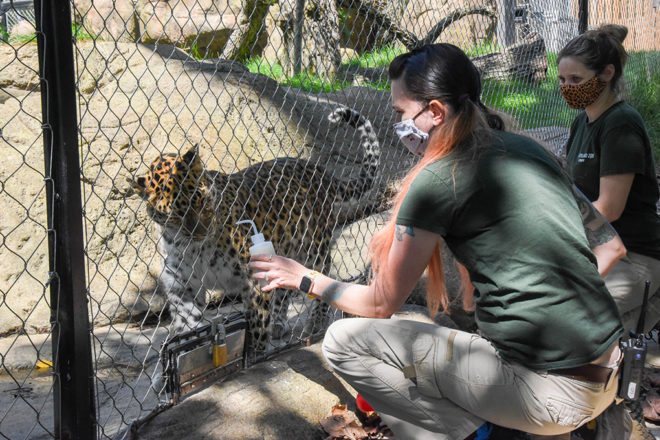
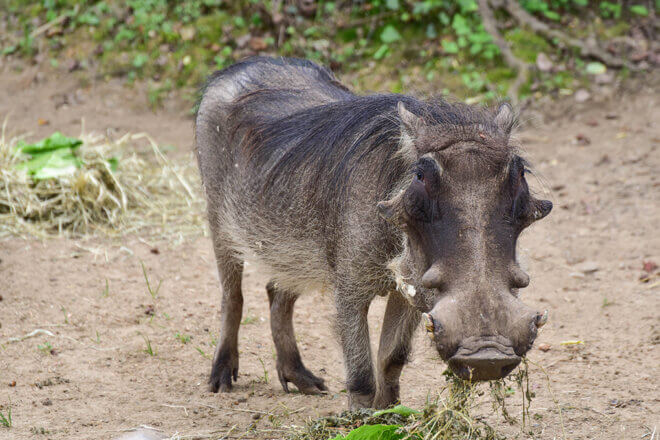
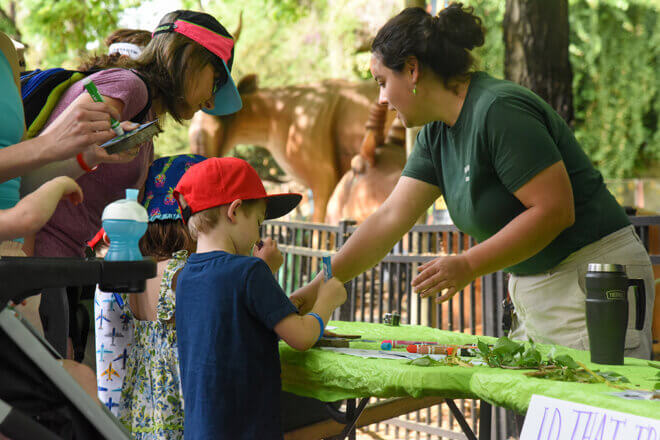
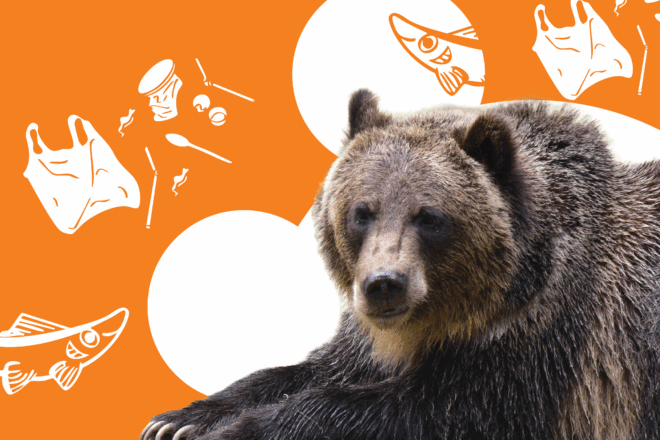
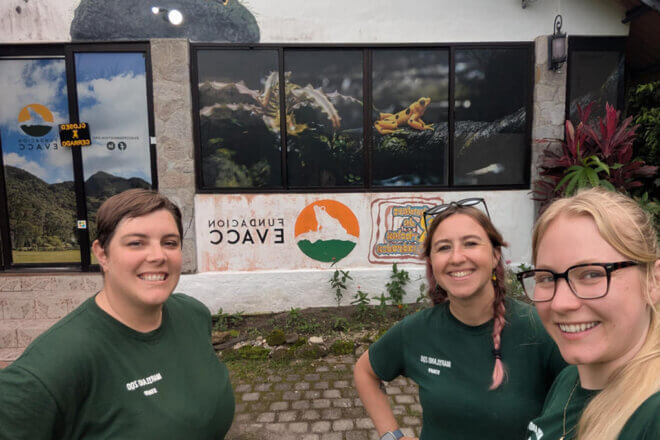
Share this article